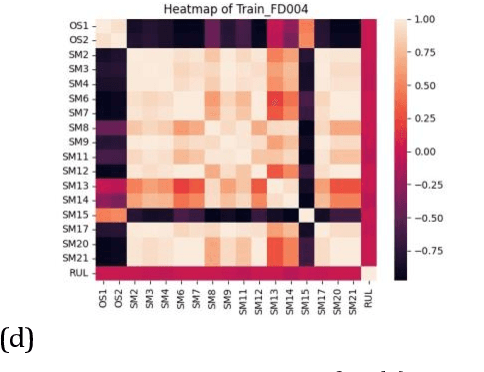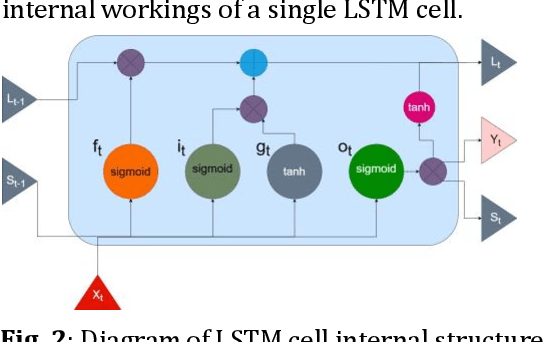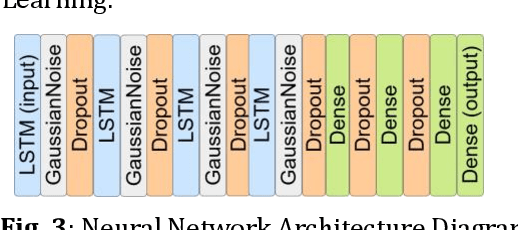Using Federated Machine Learning in Predictive Maintenance of Jet Engines
Paper and Code
Feb 07, 2025



The goal of this paper is to predict the Remaining Useful Life (RUL) of turbine jet engines using a federated machine learning framework. Federated Learning enables multiple edge devices/nodes or servers to collaboratively train a shared model without sharing sensitive data, thus preserving data privacy and security. By implementing a nonlinear model, the system aims to capture complex relationships and patterns in the engine data to enhance the accuracy of RUL predictions. This approach leverages decentralized computation, allowing models to be trained locally at each device before aggregating the learned weights at a central server. By predicting the RUL of jet engines accurately, maintenance schedules can be optimized, downtime reduced, and operational efficiency improved, ultimately leading to cost savings and enhanced performance in the aviation industry. Computational results are provided by using the C-MAPSS dataset which is publicly available on the NASA website and is a valuable resource for studying and analyzing engine degradation behaviors in various operational scenarios.
 Add to Chrome
Add to Chrome Add to Firefox
Add to Firefox Add to Edge
Add to Edge